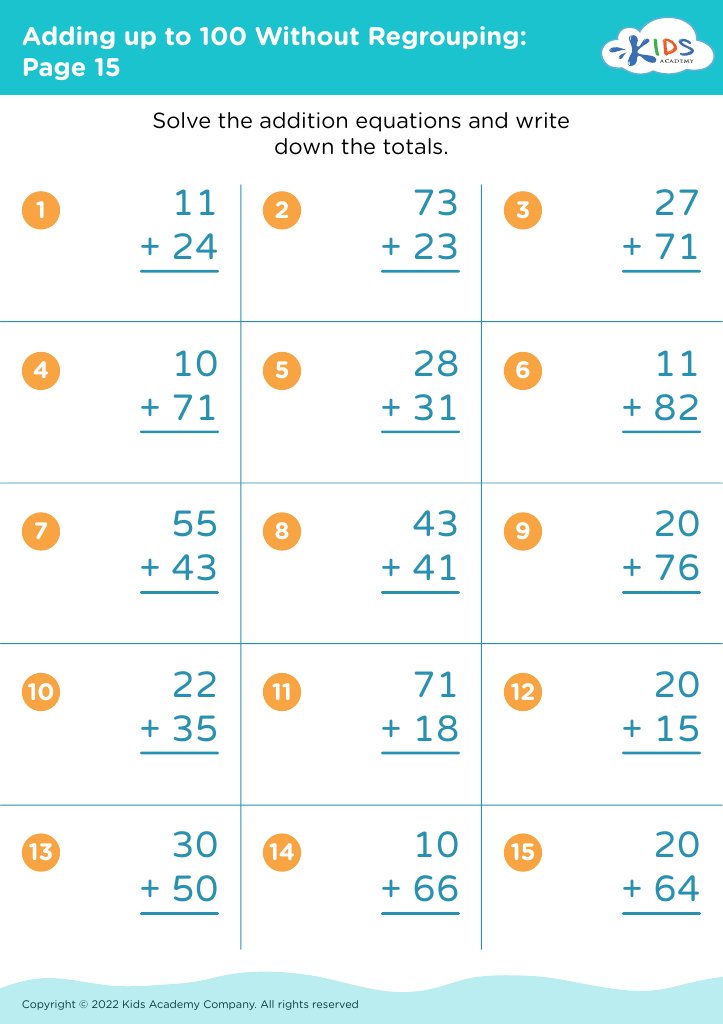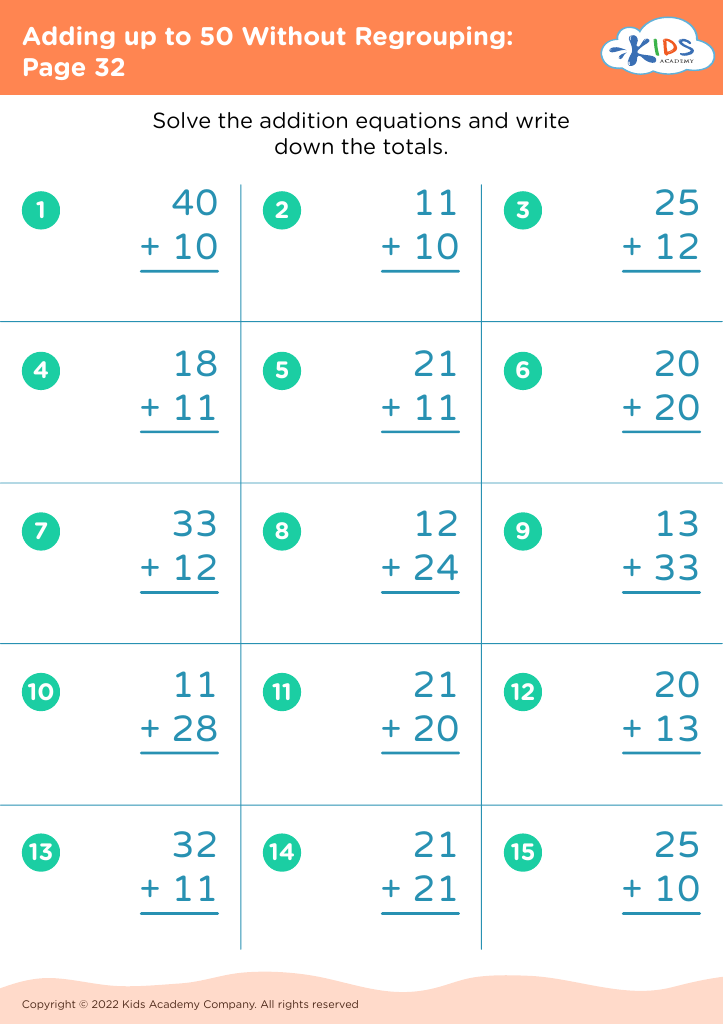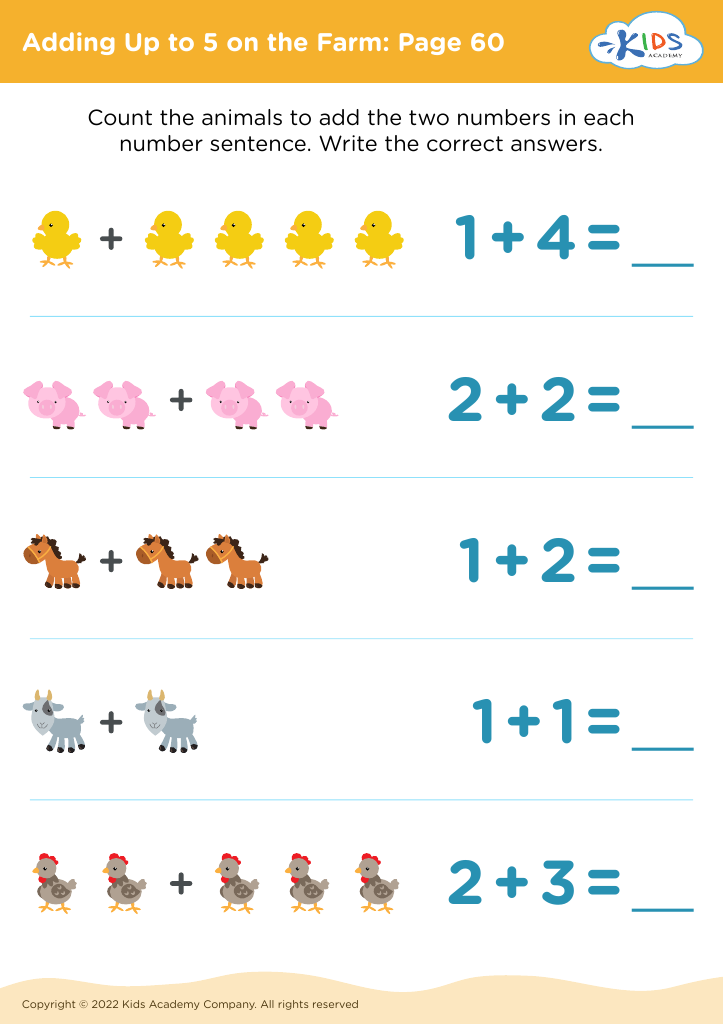Counting objects Addition & Subtraction Worksheets for Ages 3-8
20 filtered results
-
From - To
Discover a fun and effective way to develop your child's math skills with our Counting Objects Addition & Subtraction Worksheets, perfect for ages 3-8. These engaging, printable worksheets from Kids Academy help young learners practice counting, addition, and subtraction in a captivating manner. Ideal for reinforcing classroom lessons or additional practice at home, our worksheets make learning math enjoyable and accessible. Boost your child's confidence and foundational math abilities with these meticulously designed resources. Visit Kids Academy to access a wide variety of worksheets that cater to your child's learning needs today!
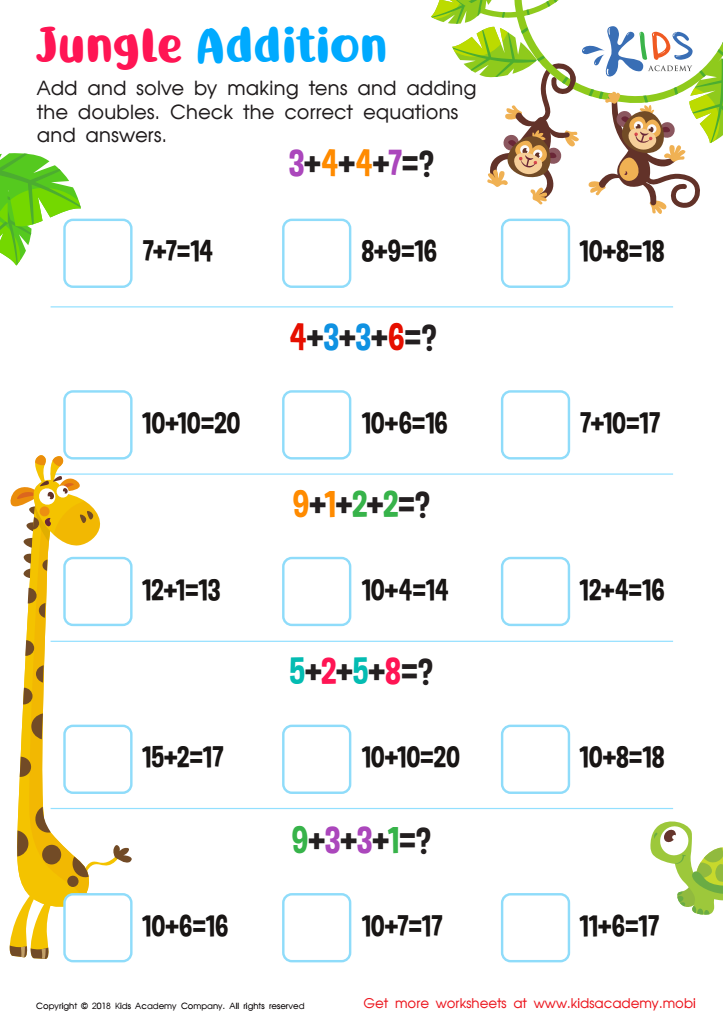

Jungle Addition Worksheet
Understanding counting objects, addition, and subtraction for ages 3-8 is critical as it lays the foundation for a lifetime of mathematical learning and everyday problem-solving skills. Early grasp of these concepts boosts cognitive development by enhancing memory, attention span, and logical thinking. Counting objects helps young children understand the concept of quantity and numerical relationships, fostering number sense—a fundamental math skill.
Addition and subtraction introduce the basics of arithmetic, enabling children to perform simple calculations. This early math proficiency cultivates confidence and reduces anxiety in more complex math challenges in later grades, positively influencing overall academic performance. Moreover, these skills are not confined to academic success; they are vital for daily tasks such as understanding time, managing money, or following instructions in games and activities.
Parents and teachers who emphasize these early math skills can create engaging, fun learning experiences, making children more inclined to interact with mathematical concepts naturally. Incorporating games, story problems, visual aids, and hands-on activities can stimulate interest and make learning enjoyable. Ultimately, nurturing an early interest in basic math empowers children with the confidence and competence they need to thrive academically and in life, turning everyday experiences into valuable teaching moments that clarify the interplay of numbers in their world.
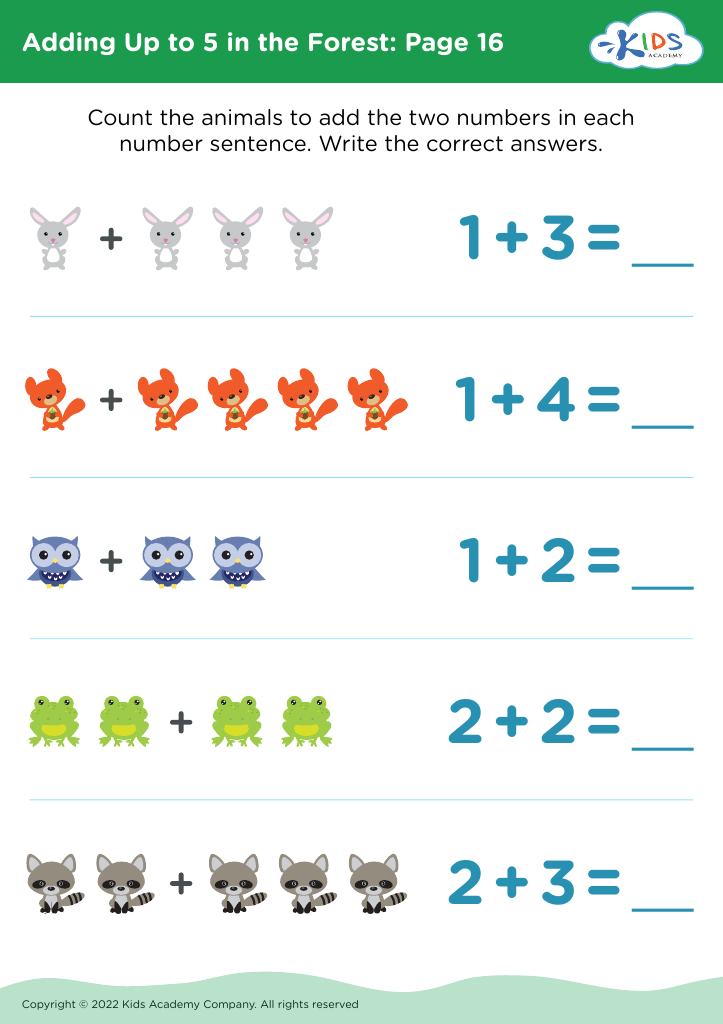
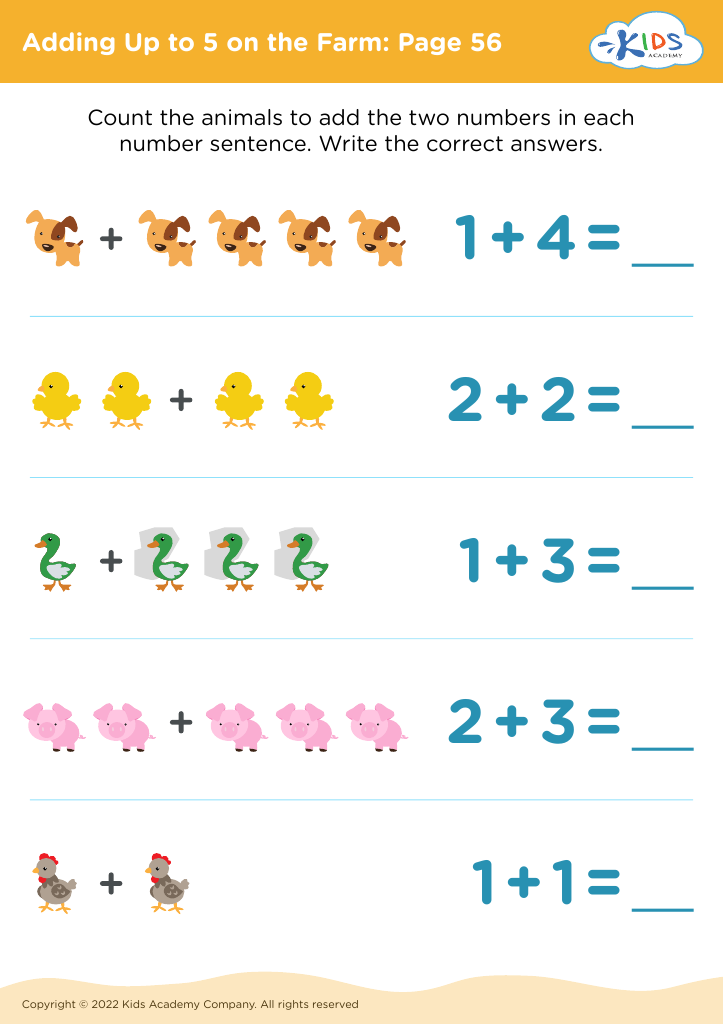

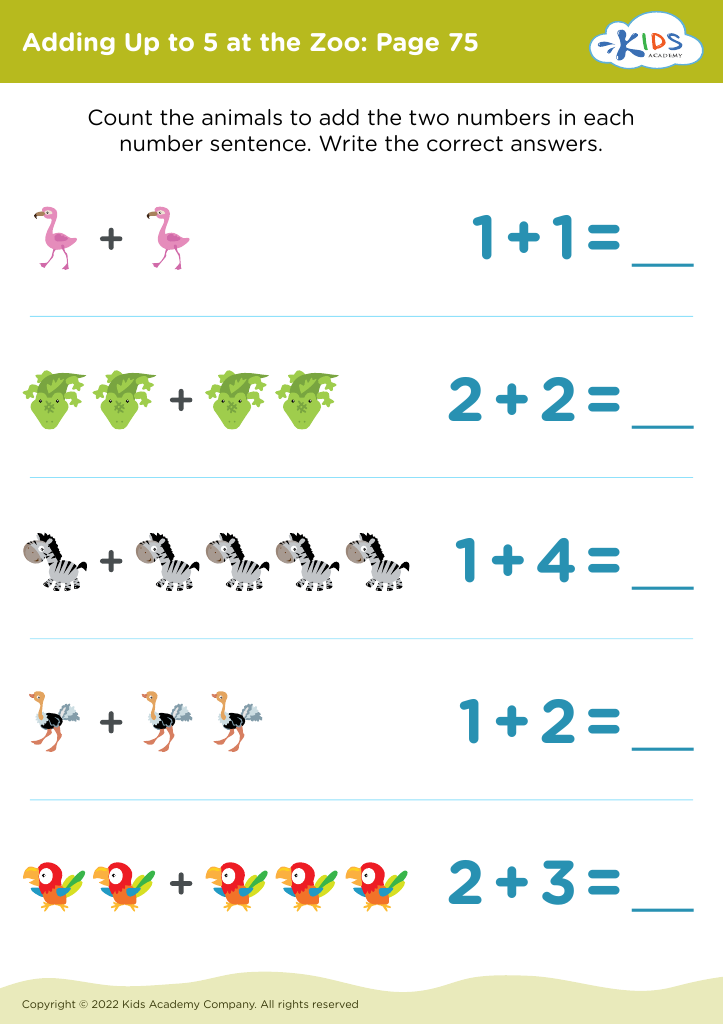

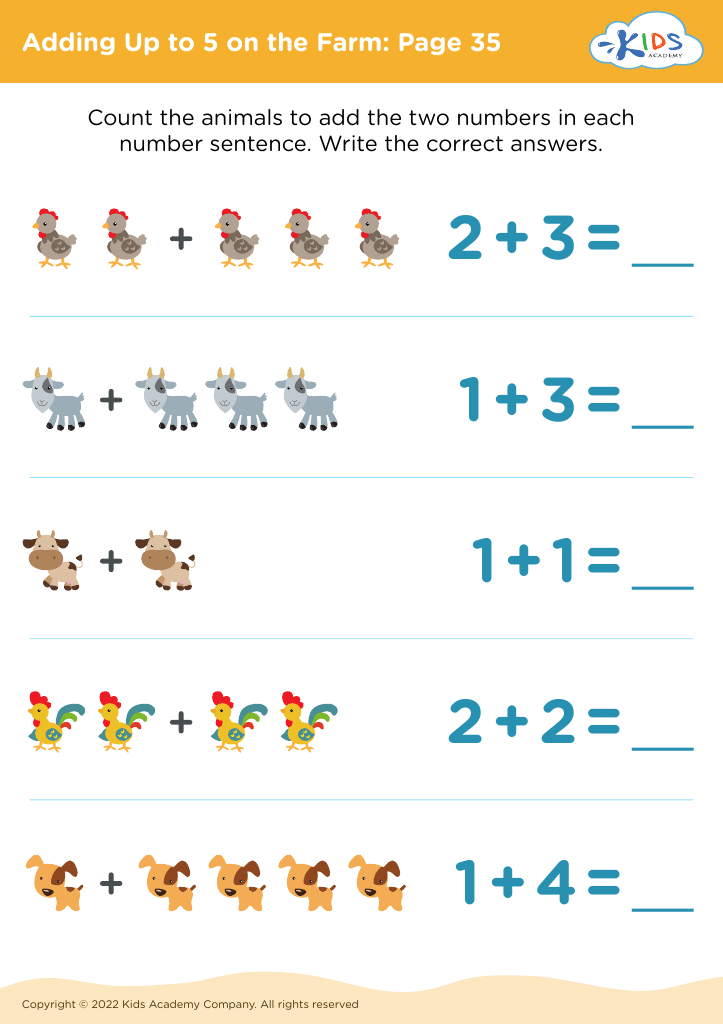

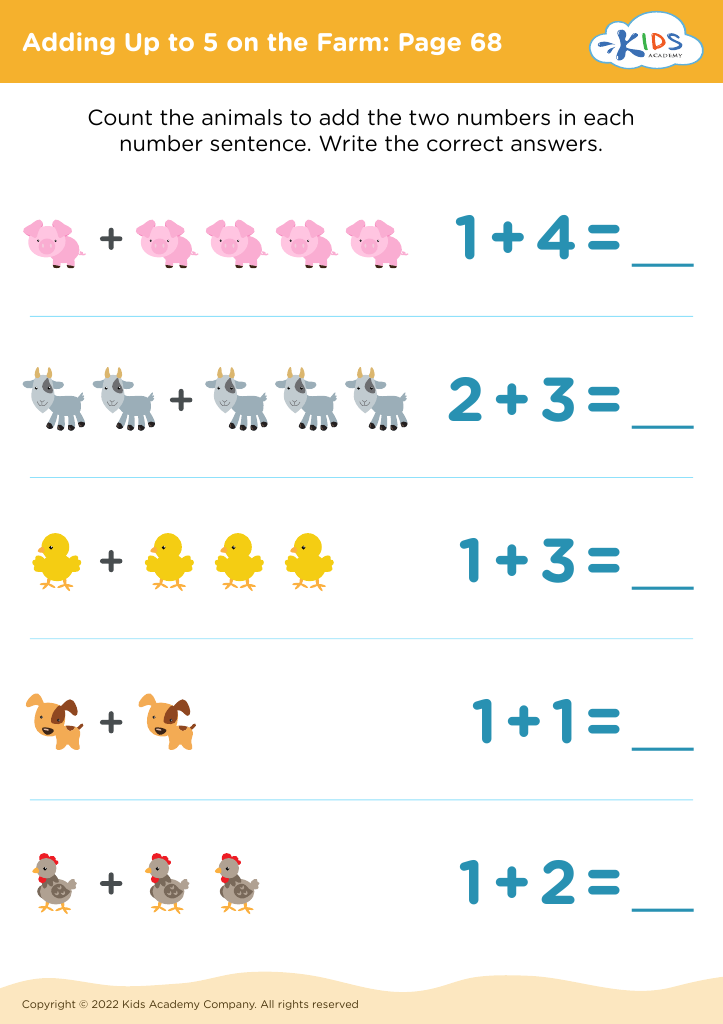

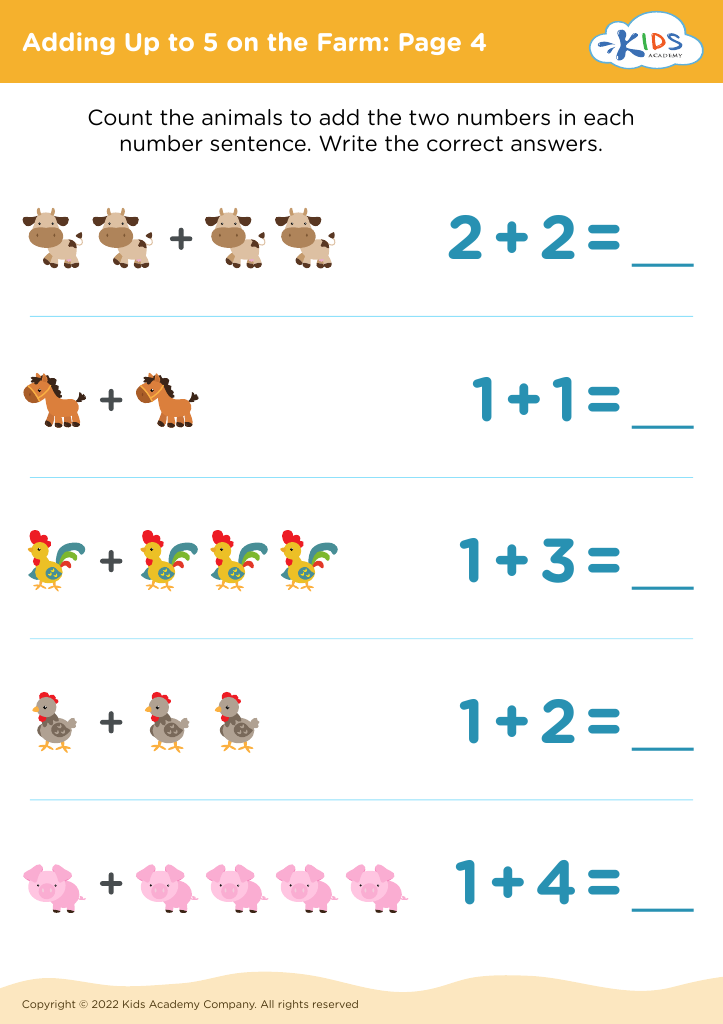
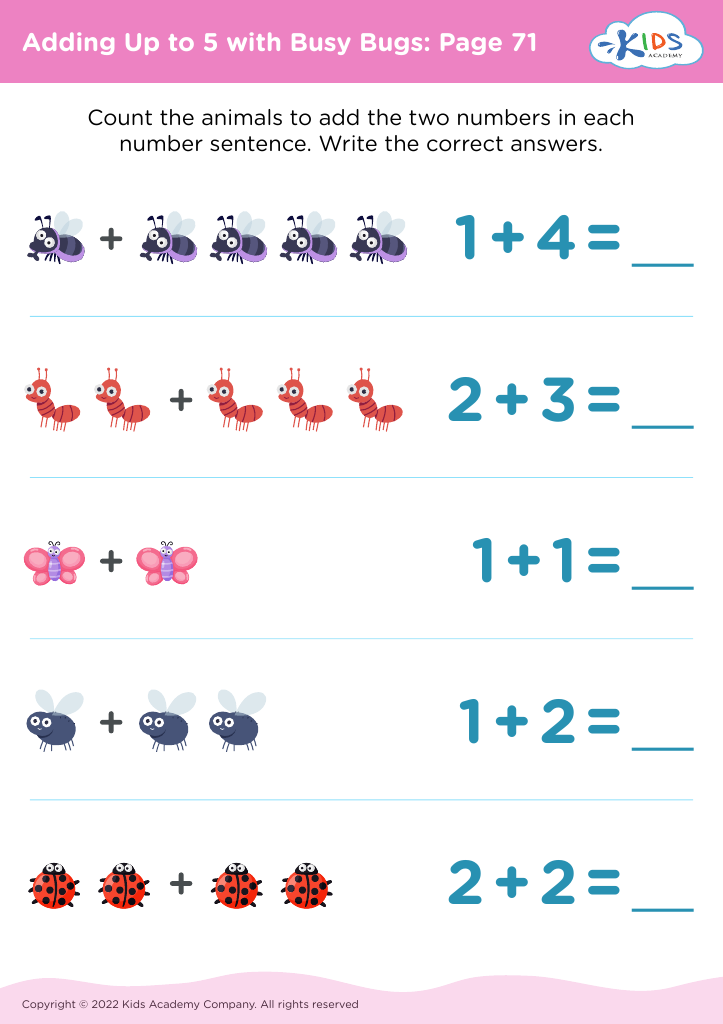
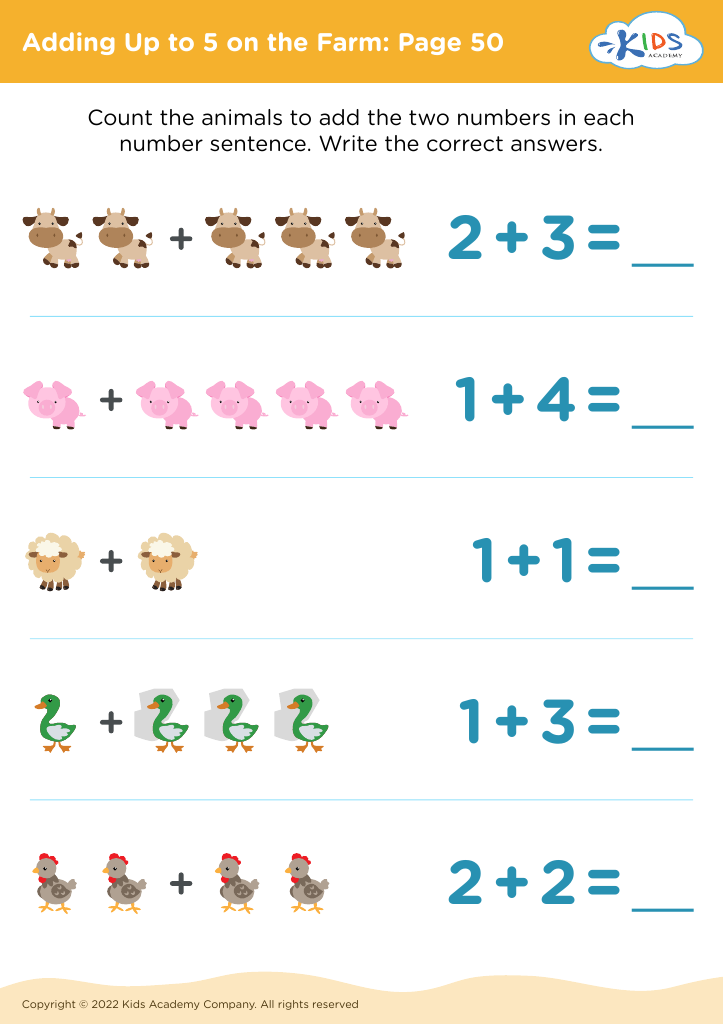
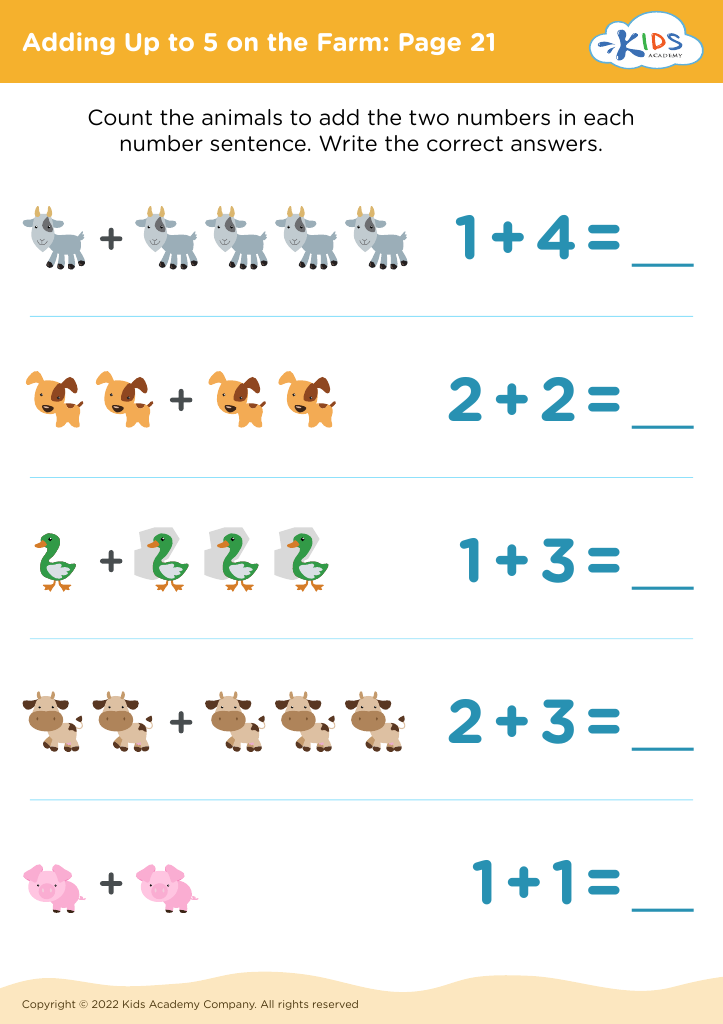
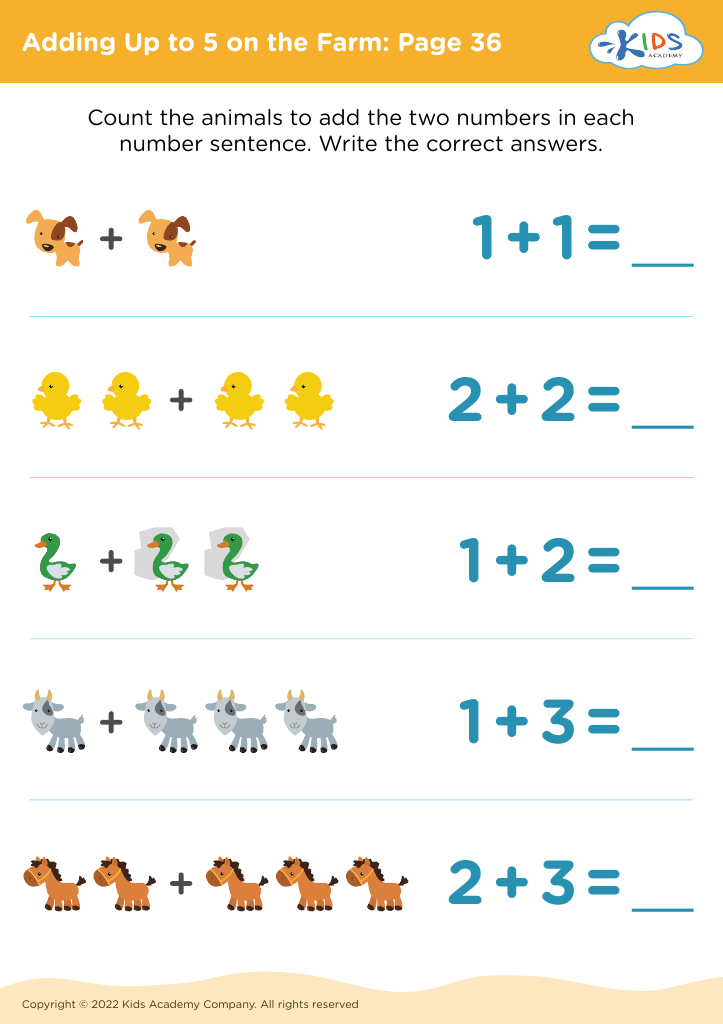
 Assign to My Students
Assign to My Students

